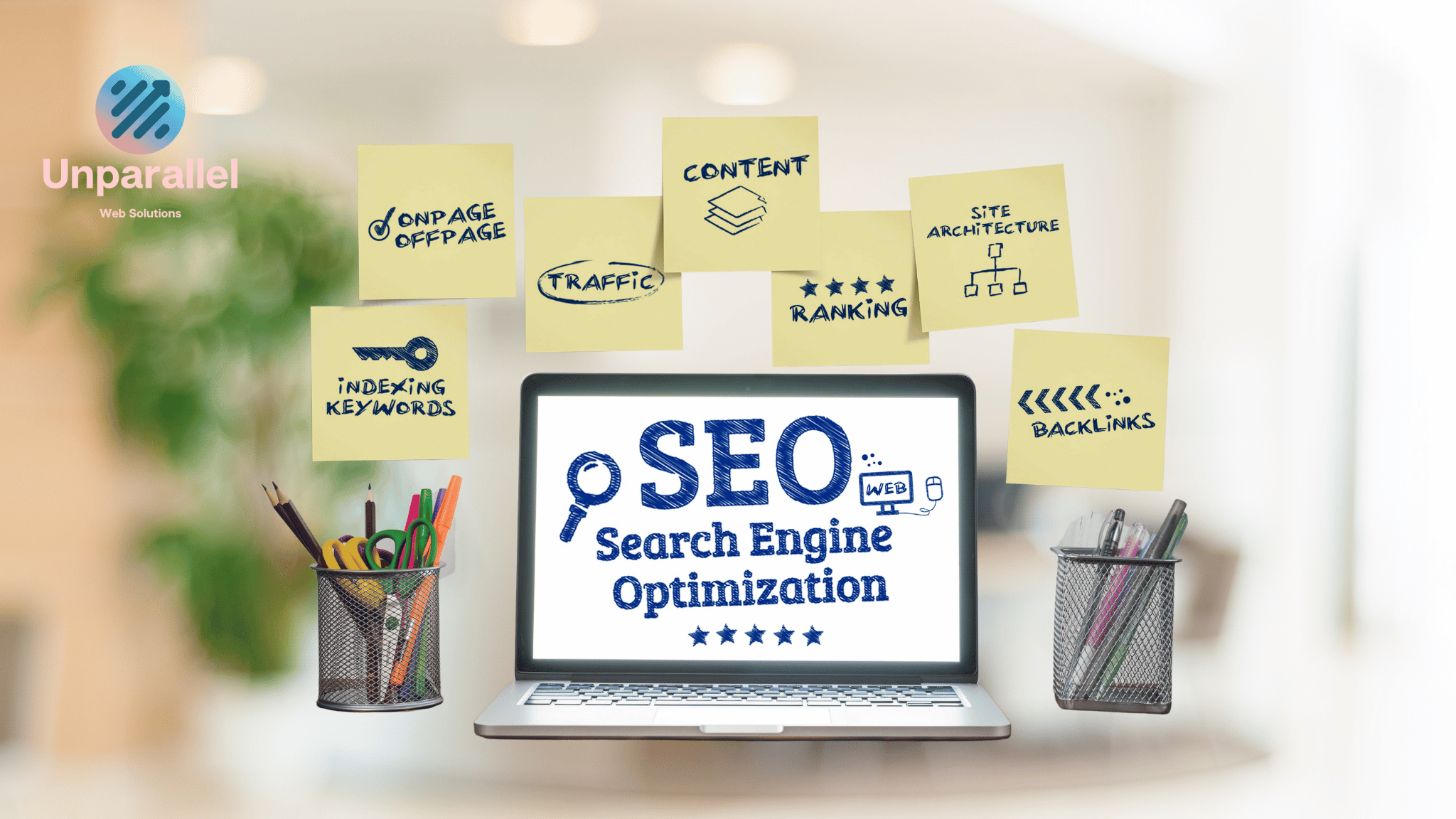
In the vast digital landscape, securing a prominent spot on search engine results is essential for your website’s success. If you aspire to increase your online visibility and attract more visitors, mastering the art of SEO (Search Engine Optimization) is crucial. In this blog, we will guide you through the Best SEO Practice to elevate your website’s ranking and generate organic traffic.
Are you ready to unlock the secrets of SEO and position your website at the top of search engine results? Let’s delve into actionable strategies that will boost your website’s online presence and drive meaningful results. Follow these simple yet effective SEO tips, and witness a remarkable improvement in your search engine rankings!
Optimize Your Keywords
Keyword optimization is the foundation of successful SEO. Begin by conducting thorough keyword research to identify relevant terms that reflect your business and resonate with your target audience. Use these keywords naturally in your website’s content, headings, and meta tags. Avoid keyword stuffing, as it can lead to penalties from search engines. Strategic keyword placement helps search engines understand the context and relevance of your page, boosting its chances of ranking higher in relevant search results.
High-Quality Content is Key
Content is a critical aspect of SEO. Creating valuable, informative, and engaging content not only appeals to your audience but also signals to search engines that your website offers value. Content that keeps visitors on your site for longer indicates high user engagement, which is a positive ranking factor. Focus on addressing your audience’s pain points, providing solutions, and offering unique insights to establish your website as a reputable source of information.
Mobile-Friendly Website
With the majority of internet users accessing the web on mobile devices, having a mobile-friendly website is crucial. Mobile responsiveness ensures that your website adapts seamlessly to different screen sizes, providing a positive user experience regardless of the device used. Search engines prioritize mobile-friendly websites, and having one can improve your search rankings, especially in mobile search results.
Page Loading Speed
Website loading speed is another critical factor influencing SEO. A slow-loading website can lead to higher bounce rates, negatively impacting user experience and search rankings. Optimize your site’s loading speed by compressing images, minimizing server response time, and leveraging browser caching. Faster-loading pages create a better user experience, leading to improved search engine rankings.
Meta Tags and Descriptions
Meta titles and descriptions are essential elements that appear in search engine results. Craft compelling and concise meta titles and descriptions for each page, incorporating relevant keywords naturally. These snippets provide a preview of your content to both search engines and users, influencing click-through rates. Well-crafted meta tags can entice users to click on your link, leading to increased website traffic and improved visibility on search engine results pages.
Relevant Backlinks
Backlinks, also known as inbound links, are links from other websites to yours. Earning high-quality backlinks from reputable websites in your industry is a powerful way to signal to search engines that your content is valuable and trustworthy. Focus on creating exceptional content that other websites will want to link to naturally. Additionally, engage in outreach efforts to build relationships and earn backlinks from authoritative sources.
Internal Linking
Internal linking refers to linking relevant pages within your own website. This practice creates a better site structure and improves user navigation. It also helps search engines crawl and index your content more effectively, as internal links establish the hierarchy and interconnectedness of your pages. Strategic internal linking can lead to improved user engagement and search engine visibility.
Regular Content Updates
Frequent content updates indicate to search engines that your website is active and relevant. Regularly add fresh and updated content, such as blog posts, articles, or product updates. This practice keeps your website current and encourages search engines to crawl it more frequently, leading to better indexation and visibility in search results.
Social Media Integration
Social media can indirectly influence search engine rankings. By sharing your content on social media platforms, you expand its reach and drive more traffic to your website. Social signals, such as likes, shares, and comments, indicate user engagement and brand popularity. While social signals themselves may not directly impact SEO, increased website traffic from social media can positively affect your search rankings.
Monitor and Analyze
Monitoring your website’s performance is crucial for evaluating the effectiveness of your SEO efforts. Use tools like Google Analytics to track key metrics, including organic traffic, bounce rate, and conversion rates. Regularly analyze the data to identify areas for improvement and optimize your SEO strategy accordingly. By continually monitoring and fine-tuning your approach, you can stay ahead of the competition and achieve better search engine rankings.
Summing up – Best SEO Practice
By implementing these Best SEO Practices, you can improve your website’s search engine rankings and attract more organic traffic. Remember that SEO is an ongoing process, and staying up-to-date with the latest trends and algorithm changes is crucial for long-term success. Start implementing these tips today and watch your website climb the search engine ranks!
